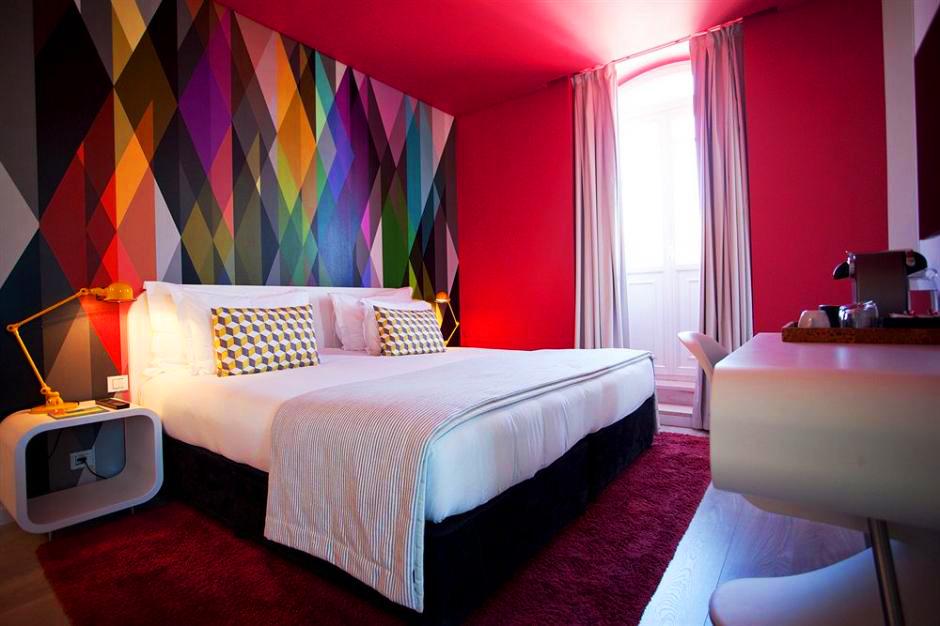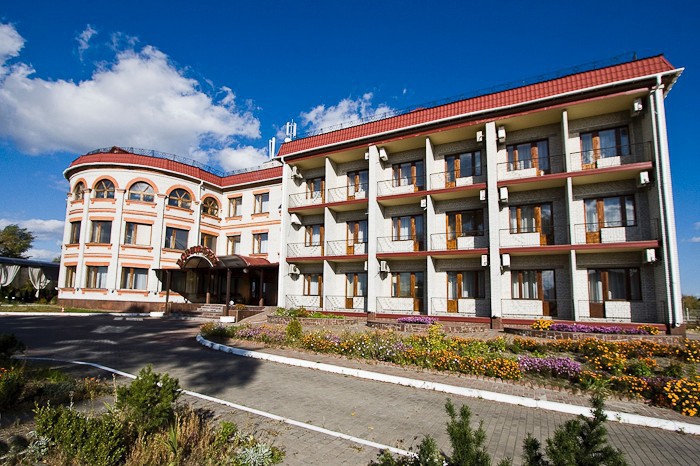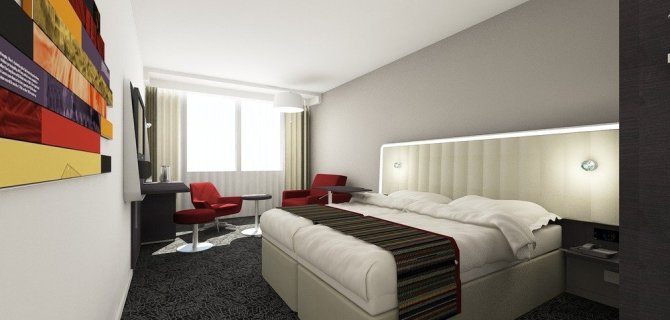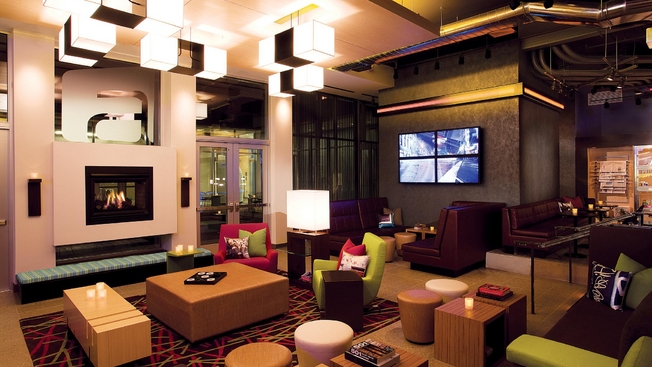Hilton has extended its lead as the world’s most valuable hotel brand while the total value of its brand portfolio within the Brand Finance Hotels 50 ranking has overtaken Marriott’s, according to the latest report by Brand Finance, the world’s leading independent brand valuation consultancy. According to the Brand Finance Hotels 50 ranking, Hilton’s brand value growth (up 17% to US$7.4 billion) was largely driven by strong revenue increase over the last year, cementing the brand’s leadership position in the industry. Meanwhile, Marriott suffered a reduction in brand value (down 8% to US$5.0 billion) and its brand strength dropped from AAA- to AA+.
Marriott has faced several challenges in the North American market from hacking scandals to persistent problems with its loyalty schemes. At the same time, the combined value of Marriott’s brands within the Brand Finance Hotels
50 ranking decreased by 30%, giving way to Hilton’s brand portfolio to claim the title of the world’s most valuable.
The combined value of all Hilton brands which made this year’s top 50 ranking amounts to US$14.7 billion –
nearly US$2 billion more than Marriott’s US$12.9 billion portfolio. Hilton Worldwide Holdings achieved overall
brand value growth of 41%, a stark contrast with the Marriott International brand portfolio decreasing by 30%.
Hilton’s brand value in the top 50 ranking is concentrated across six brands, up from five in 2018, all strongly leveraging the valuable Hilton brand name and each recording solid growth this year. Hilton has continually committed to its relentless expansion programme and with thousands of new rooms and hotels in the pipeline, the company shows no signs of slowing down in the coming year.
Marriott has not fared so well, with four of its brands dropping out of the Brand Finance Hotel 50 ranking this year. With one new entrant, Marriott now has twelve brands in the ranking, many of which have nevertheless decreased in value. Marriott’s recent announcement of entering the home-rental market however, is a promising move to take back market share from Airbnb and could contribute to an uplift in brand value in the coming year.
The Hilton and Marriott portfolios remain well ahead of third-ranked Wyndham, which also suffered a drop of 8% in brand value to US$7.3 billion.
Fastest-growing brands
The three hotel brands to grow the fastest in value this year all come from Hilton’s portfolio, and each contributed to its overall growth. Their impressive performance was led by Homewood Suites (brand value up 99% to US$0.8 billion), followed closely by Double Tree (up 79% to US$2.1 billion) and Hampton (up 78% to US$3.2 billion).
This growth allowed the latter two brands to reshape the ranking’s top 10, with Double Tree jumping from 17th to 7th and Hampton rising from 10th to 5th place over the past year.
At the same time, the three fastest-falling brands this year (Westin – down 46%, Residence Inn – down 46%, and Sheraton – down 44%), and altogether 7 outof the bottom 10 worst-performing brands, are part of the Marriott portfolio, dragging its combined value down.
World’s strongest hotel brand
Aside from calculating overall brand value, Brand Finance also determines the relative strength of brands through a balanced scorecard of metrics evaluating marketing investment, stakeholder equity, and business performance. Alongside revenue forecasts, brand strength is a crucial driver of brand value.
According to these criteria and scoring high in Brand Finance market research, Mercure has claimed the title of the world’s strongest hotel brand, significantly improving its Brand Strength Index (BSI) score from 75.7 to 86.2 out of 100 and recording a brand rating upgrade from AA+ to AAA.
Mercure is also the most valuable brand in Accor’s portfolio, with nearly 800 hotels. The brand has continued to make several acquisitions through its scheme of franchise growth.
TUI closes in on Royal Caribbean
Alongside analysing the world’s biggest hotel brands, Brand Finance also ranks the top 10 most valuable brands in the wider leisure and tourism industry.
Royal Caribbean International has narrowly retained its position as the world’s most valuable leisure and tourism brand, with its brand value remaining steady at US$3.8 billion. The brand reported strong financial results in 2018, and with demand high in the cruise industry, Royal Caribbean are on course for future growth.
Meanwhile, second-ranked TUI (brand value up 4% to US$3.7 billion) substantially closed the gap to the ranking’s leader, only just falling short of overtaking Royal Caribbean.
Chinese brands surge
The fast-growing China International Travel (up 70% to US$3.7 billion) has come third this year, up from 5th in 2018. China International saw a significant increase in its valuation due to a surge in forecast revenue in coming years as the Chinese tourism market continues to develop with unprecedented speed and scale.
The fastest-growing brand in the ranking also comes from China. Happy Valley almost doubled its brand value in a single year (up 97% to US$2.0 billion).





